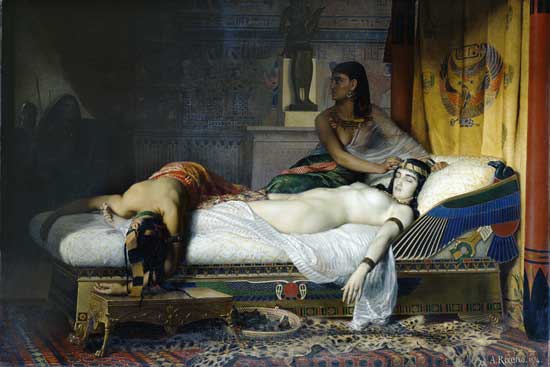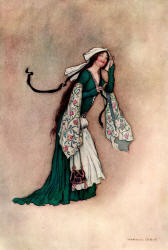Time present and time past
Are both perhaps present in time future,
And time future contained in time past.
If all time is eternally present
All time is unredeemable.
Are both perhaps present in time future,
And time future contained in time past.
If all time is eternally present
All time is unredeemable.
Hamlet is art, art can't be interpreted. (Supposedly). But it can be criticized, and this process can be perpetuated only by our individual capability to conceptualize art, or interpretation or critique. It consequently becomes task with no purpose, giving up on subjectivity. That would definitely be vague, and therefore, somewhat lazy. Personally I despise that type of individual, position is eternal, even if its rampant and obnoxious. I am afraid of pushing my philosophical blogging towards a morale manifesto, but I guess that is fine as well. Freud and Elliot both did not stand on subjectivity, and that became a factor which followed their success, and that is fine as well. Burnt Norton stood, Introduction to Psychoanalysis stood, Hamlet, stood. Cut me some slack, I am trying to find a higher truth here, just like Mr. Elliot did on time in the fragment presented above.
The thing is, truth is an "stratification", a infinite "superposed" concept. We go back to time, to light. Darkness is the absence of light, false is the absence of truth. This means, there is light in darkness due the fact that dark becomes a derivative, a part of light as a whole. The same happens with truth, with time. Here is when God comes in, the presence and non-presence of everything, truth is everything, and its nothing. Hamlet, Hamlet is Goethe, Hamlet is Oedipus, Hamlet is Shakespeare and Shakespeare is Hamlet. Hamlet is eternity, beyond an interpretation, a critique, Hamlet is an expression of contraction in humanity.
Alpha, Omega, Hamlet is in the club. Hamlet separated from subjectivity, the lousy relativity.
Alpha, Omega, Hamlet is in the club. Hamlet separated from subjectivity, the lousy relativity.


















